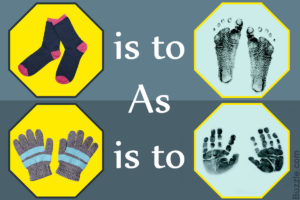
I confess that I did not expect happiness to be an emphasis in Edwards’s Puritanical preaching. I was wrong.
You might recall that Kimnach’s first recorded sermon of Edwards is, Christian Happiness. His second one is, The Value Of Salvation, based on Matthew 16:26 (“For what is a man profited, if he gain the whole world, and lose his own soul…?”).
In the opening doctrinal section, Edwards teaches that “all worldly good things shall have an end” and describes all who treasure those things “as to make them their happiness [emphasis added]” (p. 313, Kimnach). Edwards mentions how a person “hugs them never so close” (p. 313, and “to hug and make a god of” on p. 320).
The following pages show Edwards piling on all the reasons why it makes no sense to hold the things of the world too tightly. But what caught my eye was when Edwards says,
“it is the goodness of God that he has not appointed these things for our portion [for all eternity]” (p. 318).
Then, in keeping with his text, Edwards states that salvation includes the deliverance from great misery, “because so great happiness is to be enjoyed in the salvation of the soul [emphasis added]” (p. 320). Did you catch the contrast?
Delivered from great misery to experience great happiness.
And this becomes Edwards’s emphasis. Nearing the end of the sermon he writes, “The salvation of the soul is of inestimable worth…because the happiness that will be enjoyed by every saved soul will be inestimable [emphasis added]” (p. 322).
Edwards has made me evaluate my preaching, especially my portrayal of the benefits of salvation. I probably emphasize deliverance from great misery over experiencing great happiness. But what would you expect from a small “f” fundamentalist? (*smile*)
May our Lord receive glory in the church and in Christ Jesus (Ephesians 3:21) as we proclaim all the happinesses associated with walking with Him each day.
Randal









